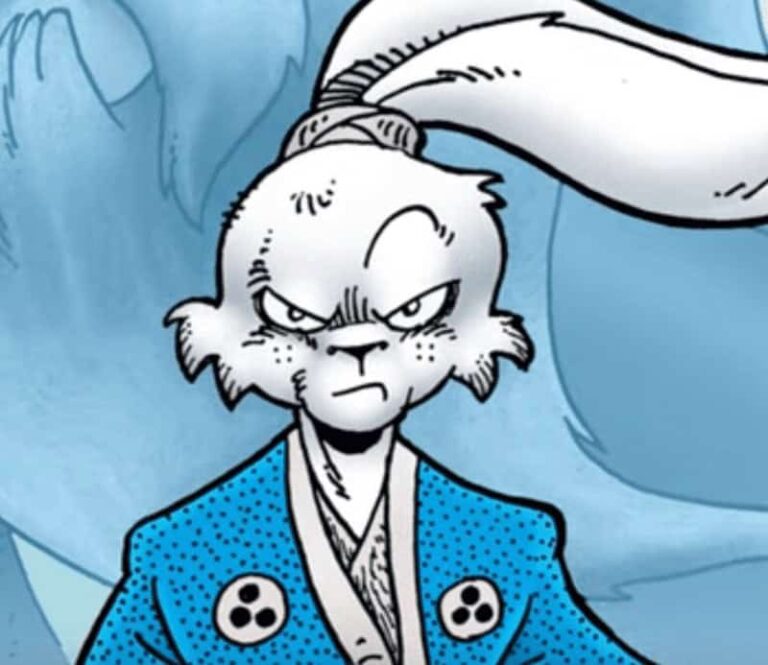Book Ban in Kashmir Raises Questions About Free Speech and Historical Truths
When Indian authorities banned 25 books in Kashmir earlier this month, it wasn’t just about the written words on those pages. The book ban is about controlling narratives in a region that has long wrestled with identity, history, and a stifled freedom of expression. The banned books, written by prominent authors like Booker Prize winner Arundhati Roy and political scientist Sumantra Bose, allegedly promote “secessionism” and “false narratives,” according to officials. However, the move has sparked outrage among scholars, human rights activists, and residents, questioning whether this is just another strike against free speech in an increasingly authoritarian environment.
Why Were These Books Banned?
The book ban was issued by the Home Department in Kashmir, a region already under tight political control since New Delhi revoked its semi-autonomous status in 2019. The government states the books “misguide the youth” and “threaten the sovereignty and integrity of India.” Among those targeted are academic works analyzing Kashmir’s historical and political complexities, which the government claims incite violence or glorify terrorism.
Citing the updated 2023 criminal code, the order deems these books “forfeit,” with hefty penalties, including possible imprisonment for possession or distribution. While authorities claim this action will ensure peace and stability, critics argue it exacerbates the ongoing crackdown on dissent.
A Dark Chapter for Free Expression
Book bans are relatively rare in India, but the Modi administration has increasingly come under fire for controlling narratives. From rewriting school textbooks to raiding media outlets, there’s a growing trend suggesting that dissent is becoming a dangerous act under the current leadership. Roy’s essay collection Azadi, one of the banned works, explores themes of freedom and democracy critically, a stance that has consistently made her a polarizing figure in Indian discourse.
Historian Siddiq Wahid shed light on the troubling implications of this book ban, stating that it targets books by authors “whose reputations depend on evidence, logic, and argument.” He called the decision a violation of the Indian constitution, which guarantees freedom of speech and expression.
Is This About Books, or Something Deeper?
The reality is that this book ban isn’t just about books. It’s about silencing a conflicting narrative in a region still grappling with its identity. Since 1989, armed insurgencies have plagued Indian-administered Kashmir, with a significant segment of its population favoring autonomy or unification with Pakistan. For decades, even peaceful advocacy for these ideas has been labeled as incendiary.
“The focus on books feels symbolic,” shared Mirwaiz Umar Farooq, a major separatist leader in Kashmir. “To ban carefully researched works in the name of countering extremism is short-sighted. It won’t erase historical truths or lived experiences. If anything, it deepens the disconnect between the people and New Delhi.”
The Growing Crackdown on Dissent
This isn’t the first time the country’s authorities have made headlines for targeting intellectual voices. From a first-grader’s textbook labeling a police sketch as a depiction of a “tyrant” to confiscating Islamic literature earlier this year, India has increasingly criminalized material that diverges from official narratives.
But a book ban adds a chilling layer. Books are repositories of ideas, dialogues, and sometimes, resistance. They outlive regimes and remind generations of what once was. Silencing them sends a clear message—not just to the people of Kashmir but to anyone in India who critiques, questions, or dreams of a differing perspective.
What’s Next for Kashmir, and India?
The global community has often remained silent on the actions taken by Indian authorities in Kashmir, as geopolitical complexities and alliances take precedence over human rights conversations. However, this heavy-handed book ban invites broader reflection on where India, the world’s largest democracy, is headed. Can a nation thrive when its intellectual, cultural, and political dissent is stifled?
For now, the voices of Kashmir’s youth, scholars, and community leaders remain resilient. The banned books may be off the shelves, but their essence will live on in whispered conversations, digital PDFs, and the courage of those unafraid to keep reading.






